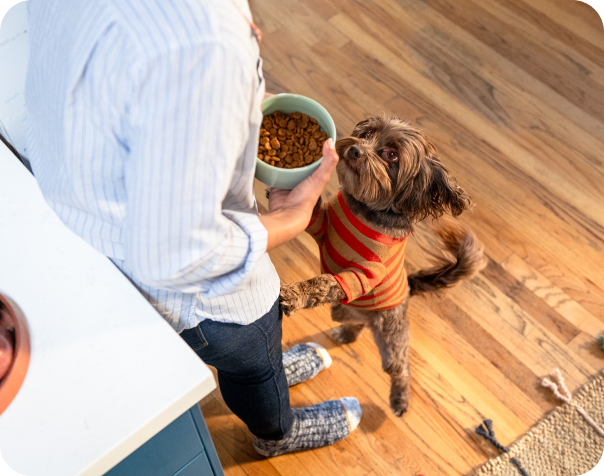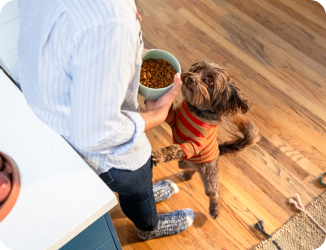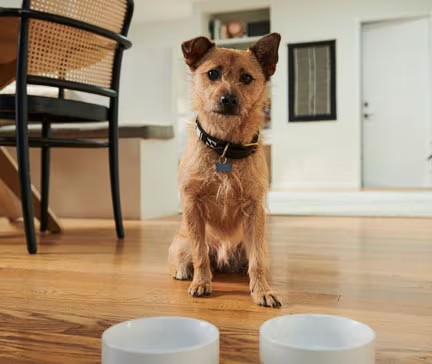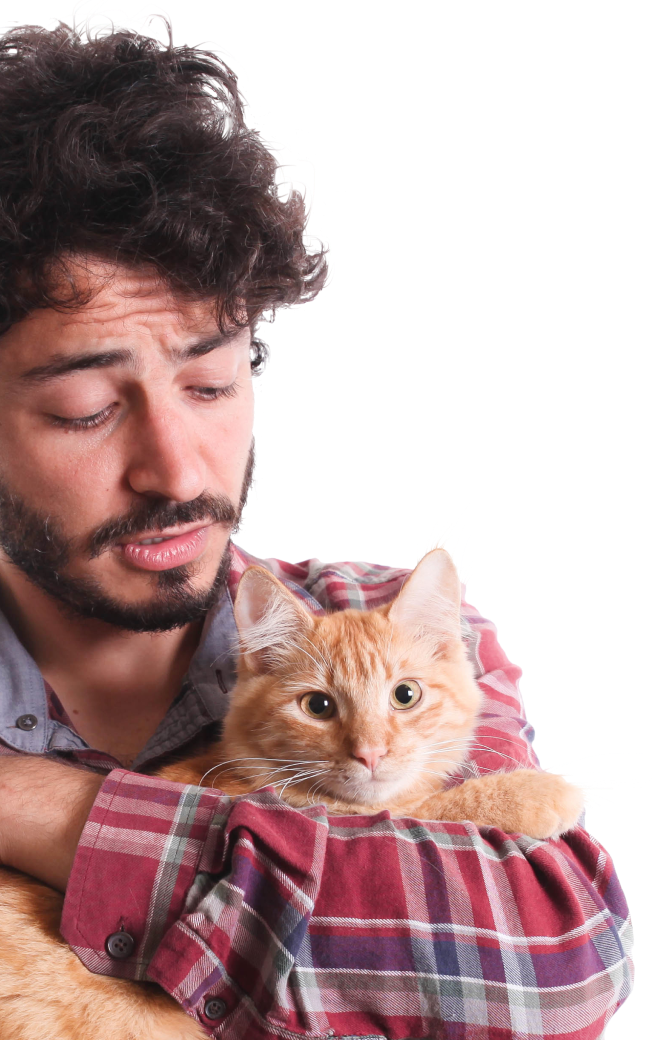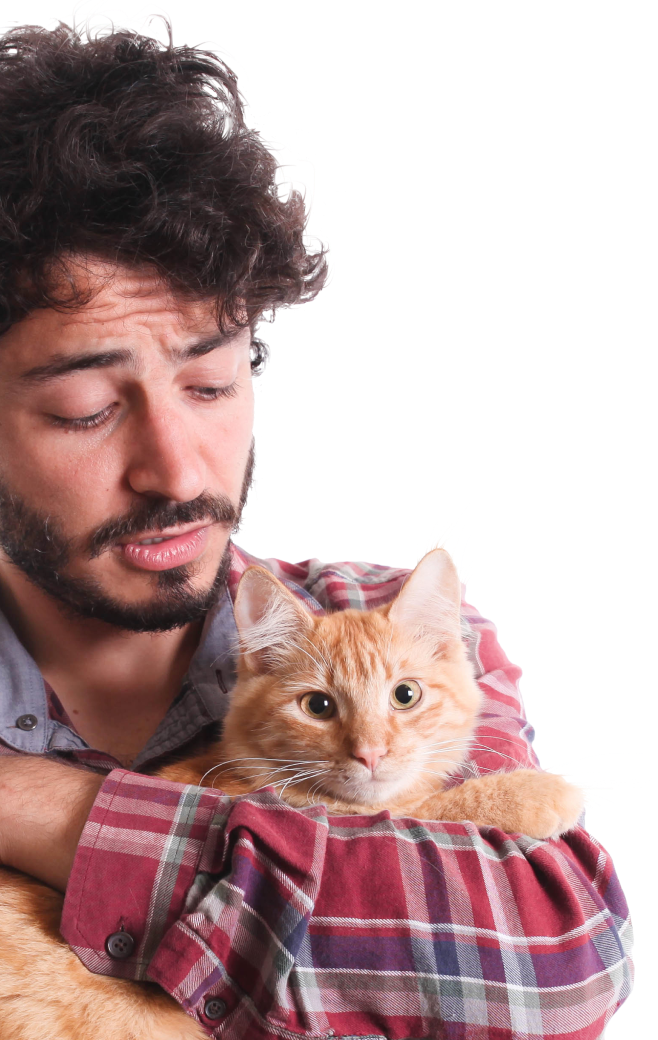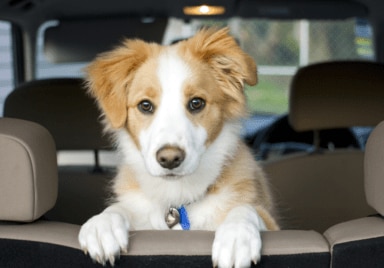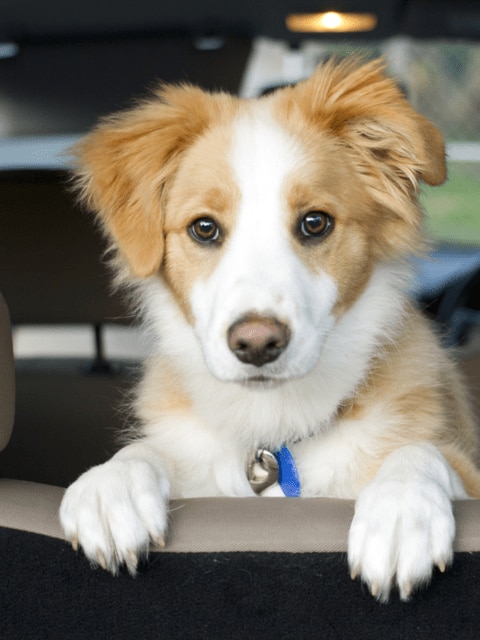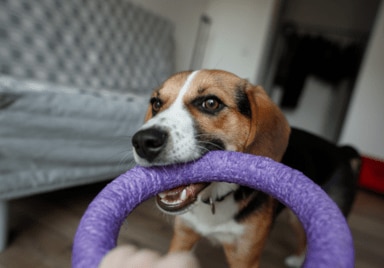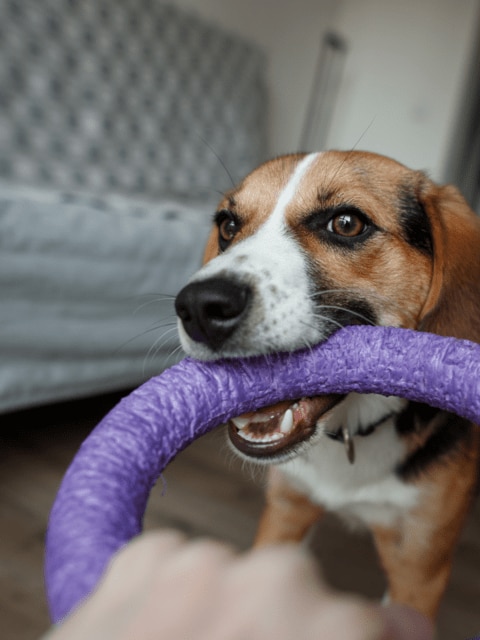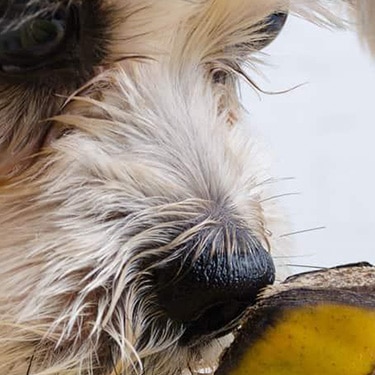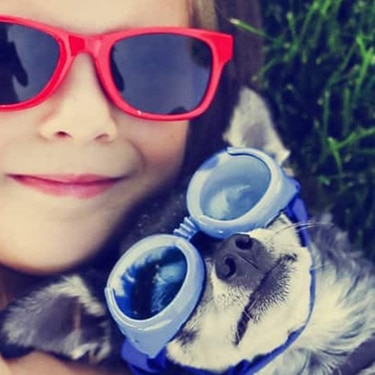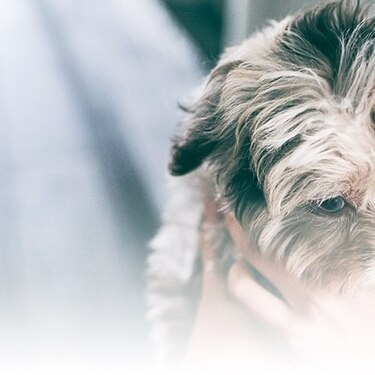Big benefits for small dogs
SCIENCE DID THAT.
Big benefits for small dogs
SCIENCE DID THAT.
What is considered a small dog breed?
From Pomeranian to Yorkshire terriers, small breeds are generally defined as dog breeds that weigh 10 kilograms or under as adults. Commonly classified as “toy”, “miniature” or “companion” dogs, they share some unique needs based on their biology, breed, and disposition.

Hill’s offers small dog nutrition for a variety of needs and every stage of life.
At Hill’s, we go beyond kibble size to ensure that the nutritional needs of small breed dogs are met with every dedicated recipe. We formulate our small breed dry foods and wet foods for their unique calorie requirements and ageing needs. Our wet foods are made up of a soft texture and a mouthwatering taste they’ll love, while giving small breed dogs the energy they need.
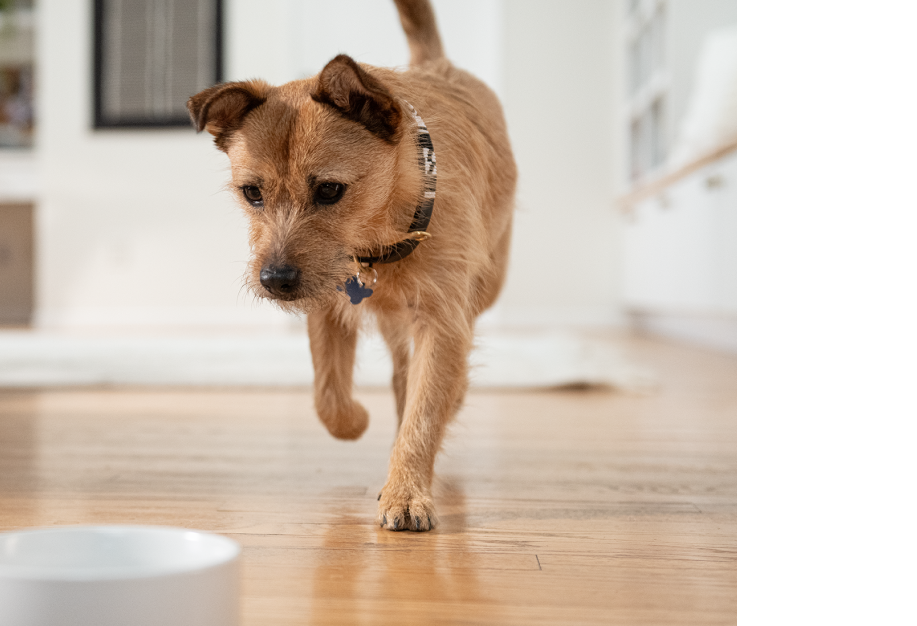
Caring for a small breed dog
Small and mini dog breeds might be little, but they're all dog, with all the diverse traits you can find in larger breeds all wrapped up in a tiny package, along with some unique personalities and characteristics.
Caring for a small breed dog
Small and mini dog breeds might be little, but they're all dog, with all the diverse traits you can find in larger breeds all wrapped up in a tiny package, along with some unique personalities and characteristics.
- Common Stressors
- Special Grooming
- Playtime Needs
Common stressors include:




A small dog should have their own space. A crate, carrier, basket, or mat, where they can feel safe and calm.
Good grooming habits are important for small breed dogs:










1. Coates, Jennifer. “Nutritional Differences for Small, Toy, and Large Breed Dogs.” Petmd.Com, PetMD, 3 Feb. 2012, www.petmd.com/blogs/nutritionnuggets/jcoates/2012/feb/nutrition_differences_for_small_toy_large_breeds-12459. Accessed 26 Oct. 2020.


Being in the pet food industry since 1939, we understand the value of planning for long-term sustainability.


Every part of our manufacturing process is designed to meet ethical, sustainable and responsible standards.


Learn how we ensure your pet’s food meets the highest benchmarks for nutrition, safety and taste.












